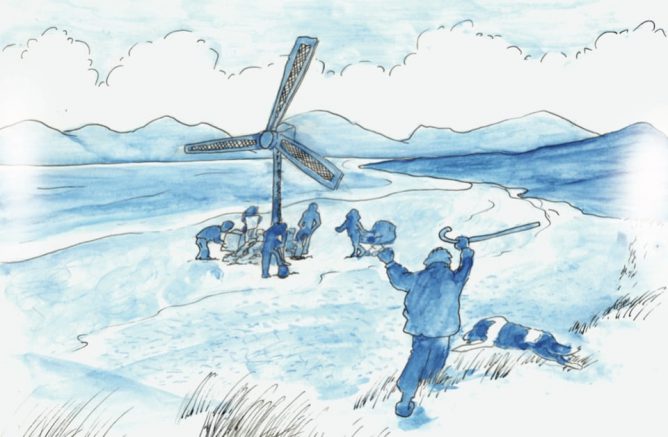Coding is seen as fun and glamorous, but that’s a sales pitch. In reality, it’s complicated, both technically and ethically
It’s better to admit that coding is complicated, technically and ethically. Computers, at the moment, can only execute orders, to varying degrees of sophistication. So it’s up to the developer to be clear: the machine does what you say, not what you mean. More and more ‘decisions’ are being entrusted to software, including life-or-death ones: think self-driving cars; think semi-autonomous weapons; think Facebook and Google making inferences about your marital, psychological or physical status, before selling it to the highest bidder. Yet it’s rarely in the interests of companies and governments to encourage us to probe what’s going on beneath these processes.
Clear well explained short and powerful article. via both Scripting News and Memex 1.1.
Perhaps we need another term for the coding like activity than can be a lot of fun for folk that have the skills that Walter Vannini explains coders need. I have a lot of fun dabbling in AppleScript, bash and JavaScript without the discipline and study necessary to be a coder.
Kids in school can have this sort of fun too, perhaps helping in maths and in skills like problem solving, working together and practical skills. Scratch and micro:bits can be a a lot of fun in a primary classroom.





